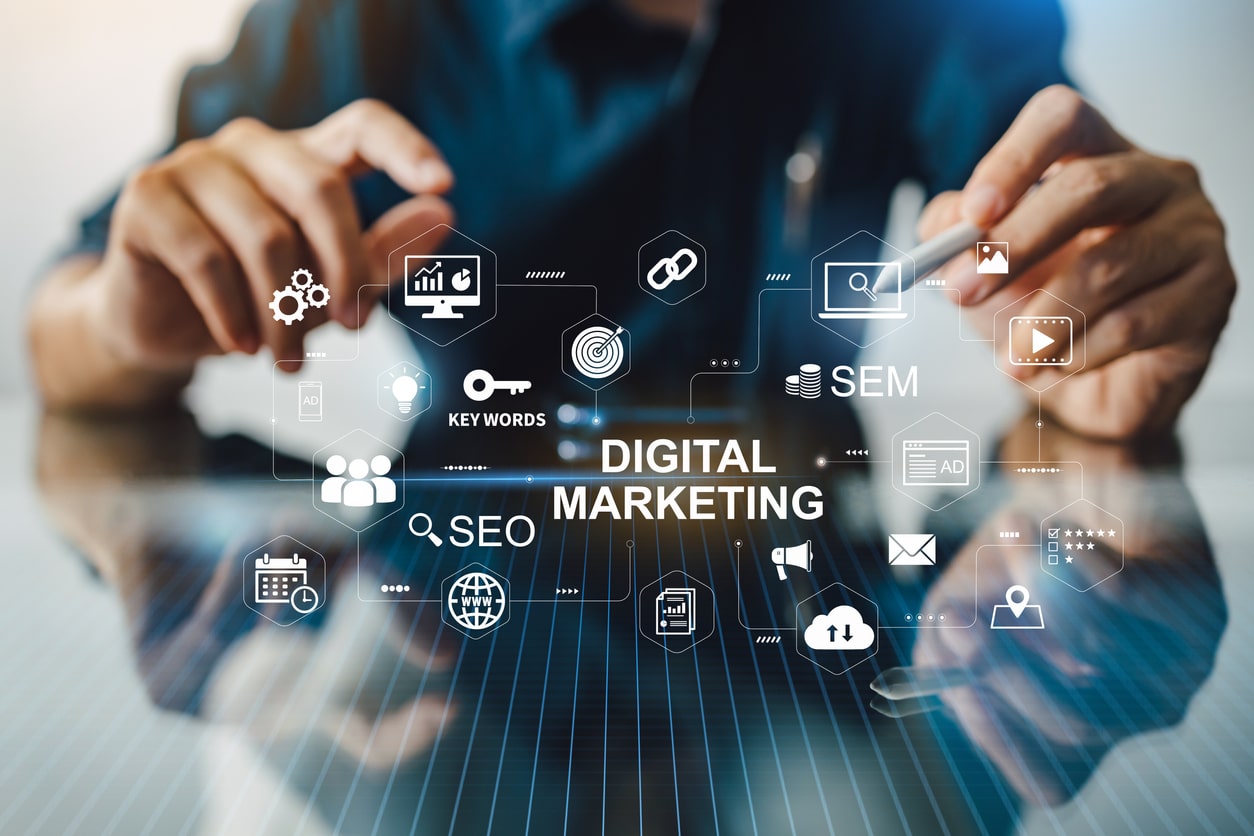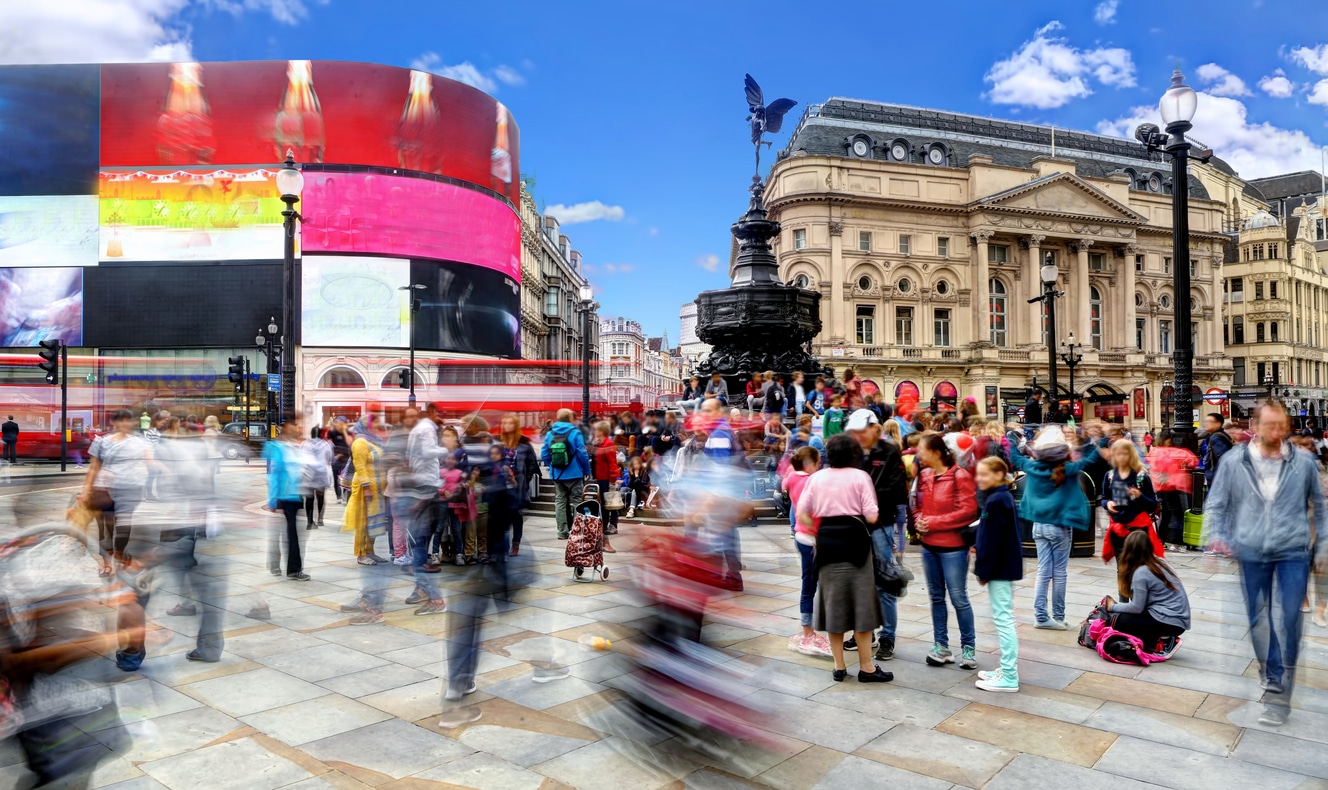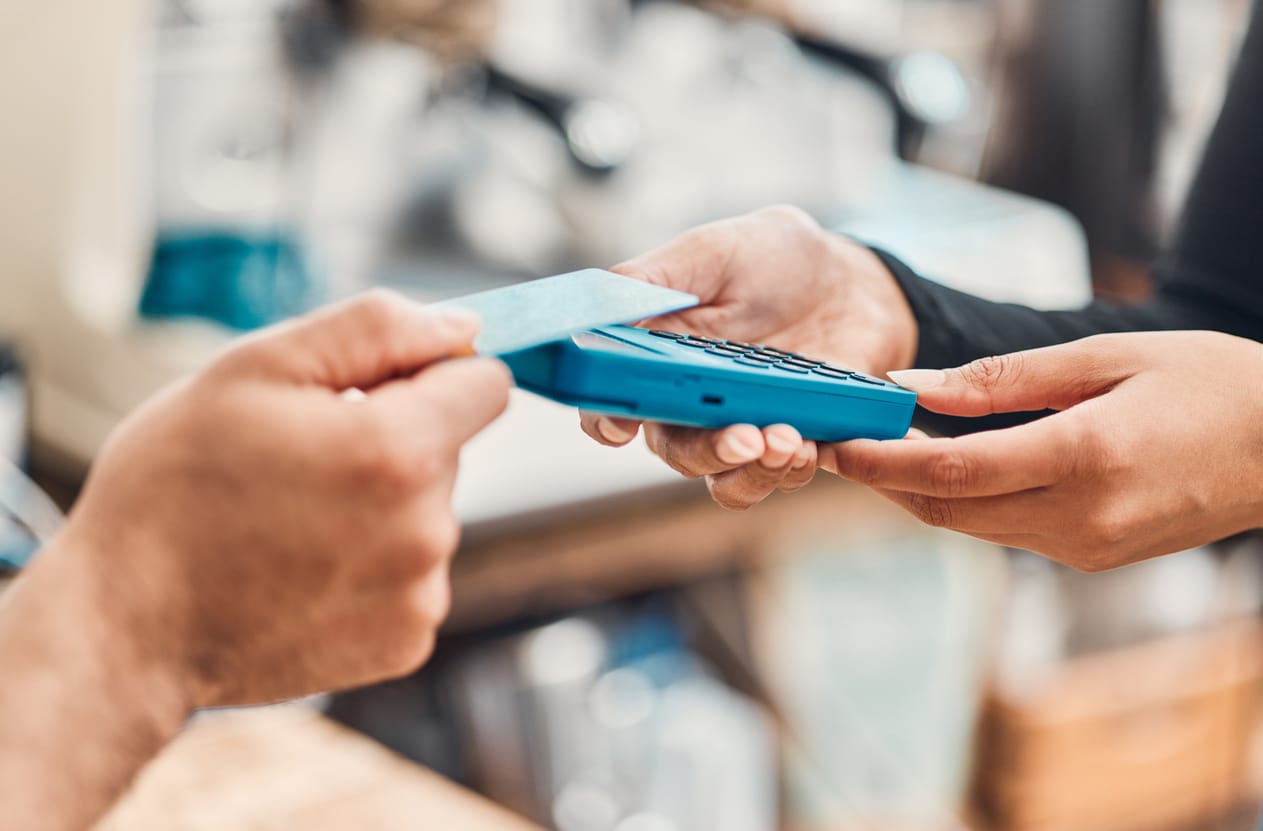
The retail industry has undergone a significant transformation. With the rise of online shopping and the increasing influence of digital platforms, traditional marketing strategies are no longer enough to stay competitive. Understanding digital marketing and its role in the retail industry is crucial for businesses looking to thrive in this new landscape.
Digital marketing encompasses a wide range of strategies and tactics aimed at promoting products and services through digital channels. These channels include websites, search engines, social media platforms, email marketing, and online advertising. By leveraging these digital platforms, retailers can reach a wider audience, engage with customers in a more personalised and targeted manner, and ultimately drive sales.
The importance of digital marketing in retail success
Digital marketing plays a vital role in the success of retail businesses. With the majority of consumers now relying on the internet for product research and purchasing decisions, having a strong online presence is essential. A well-executed digital marketing strategy can help retailers build brand awareness, attract new customers, and cultivate customer loyalty.
One of the key benefits of digital marketing is its ability to reach a highly targeted audience. Through data analytics and advanced targeting techniques, retailers can identify their ideal customers and tailor their marketing messages accordingly. This level of personalisation not only increases the effectiveness of marketing campaigns but also enhances the overall customer experience.
Digital marketing also allows retailers to track and measure the success of their campaigns in real-time. Unlike traditional marketing methods, which can be difficult to quantify, digital marketing provides valuable insights into customer behaviour, engagement rates, conversion rates, and return on investment. This data-driven approach enables retailers to make informed decisions and optimise marketing efforts for maximum impact.

Integrating retail PR and marketing for a competitive edge
Integrating retail PR and marketing is crucial for retailers looking to gain a competitive edge in the market. Here we will explore how the collaboration between PR and marketing can enhance brand visibility, credibility, and customer loyalty.
- Align messaging and branding: For a cohesive brand image, it is essential to align the messaging and branding across PR and marketing initiatives. Consistency in tone of voice, visual identity, and brand values helps reinforce the brands identity and makes it easily recognisable to consumers.
- Collaborate on content creation: PR and marketing teams can collaborate on content creation to ensure a consistent and unified brand message. By combining PR’s expertise in storytelling with marketing’s knowledge of the target audience, retailers can create compelling content that resonates with customers and drives engagement.
- Amplify marketing campaigns with PR: PR professionals can amplify marketing campaigns through media relations and influencer partnerships. By securing media coverage or partnering with influencers, retailers can extend the reach and impact of their marketing messages. Earned media coverage adds credibility and helps build brand trust and loyalty.
- Use PR to manage brand reputation: PR plays a crucial role in managing and safeguarding a brands reputation. PR professionals can monitor online conversations, address customer concerns, and respond to negative feedback promptly. By effectively managing brand reputation, retailers can maintain customer trust and loyalty, even in the face of challenges or a crisis.
- Leverage PR events for marketing: PR events, such as product launches, store openings, or charity initiatives, can be leveraged for marketing purposes. By integrating marketing elements, such as social media promotions or exclusive discounts, retailers can generate buzz and drive sales during these events.
By integrating retail PR and marketing efforts, retailers can create a unified brand image, amplify campaigns, and effectively manage brand reputation. This collaboration provides a competitive edge in the market and helps retailers build lasting relationships with its customers.

Key elements of a successful retail PR and marketing campaign
To create a successful retail PR and marketing campaign, retailers should consider the following key elements:
- Clear objectives: Define clear and measurable objectives for the campaign, such as increasing brand awareness, boosting sales, or launching a new product.
- Target audience: Understand the needs, preferences, and demographics of the target audience to tailor the messaging and communication channels effectively.
- Compelling storytelling: Craft engaging and authentic brand stories that resonate with the target audience and differentiate the retailer from its competitors.
- Media relations: Build relationships with journalists and media outlets to secure positive media coverage and increase brand visibility.
- Influencer partnerships: Identify and collaborate with influencers who align with the brand’s values and target audience to amplify the marketing messages.
- Integrated marketing channels: Coordinate marketing efforts across various channels, including social media, email marketing, content marketing, and online advertising, to create a cohesive customer experience.
- Measurement and analysis: Regularly track and analyse the performance of the campaign to assess its effectiveness and make data-driven decisions for future campaigns.
Tools and resources for retail PR and marketing
The ever-evolving digital landscape offers a wide range of tools and resources to support retail PR and marketing efforts. Here are some essential tools and resources for retailers:
- Social media management tools: Platforms like Hootsuite, Buffer, and Sprout Social enable retailers to schedule posts, monitor mentions, and analyse social media performance.
- Email marketing platforms: Tools like Mailchimp, Constant Contact, and Campaign Monitor allow retailers to create and automate email campaigns, segment email lists, and track email performance.
- Content management systems: Platforms like WordPress, Shopify, and Magento provide retailers with user-friendly interfaces to manage websites, publish blog posts, and optimise online presence.
- Analytics tools: Google Analytics and Adobe Analytics offer retailers valuable insights into website traffic, visitor behaviour, and conversion rates, enabling them to optimise marketing efforts.
- Influencer marketing platforms: Platforms like Upfluence, AspireIQ, and Grin connect retailers with influencers and streamline the influencer collaboration process.
- Media monitoring tools: Services like Meltwater, Cision, and Mention help retailers monitor brand mentions in the media, track industry trends, and stay informed about competitor activities.
- Online advertising platforms: Platforms like Google Ads, Facebook Ads, and LinkedIn Ads provide retailers with sophisticated targeting options and analytics to optimise online advertising campaigns.

Ready to make your retail brand a success?
In the rapidly evolving retail industry, digital marketing and public relations play crucial roles in driving success. By understanding the importance of digital marketing, leveraging social media, and integrating PR and marketing efforts, retailers can gain a competitive edge and thrive in the digital landscape.
With the right strategies, tools, and resources, retailers can enhance brand visibility, engage with target audiences, and ultimately drive sales. Embracing digital marketing and PR is no longer an option; it is a necessity for retailers looking to stay ahead in the modern business landscape.
Contact our team of experts today to discuss how our digital marketing and PR services can help you achieve retail success.




